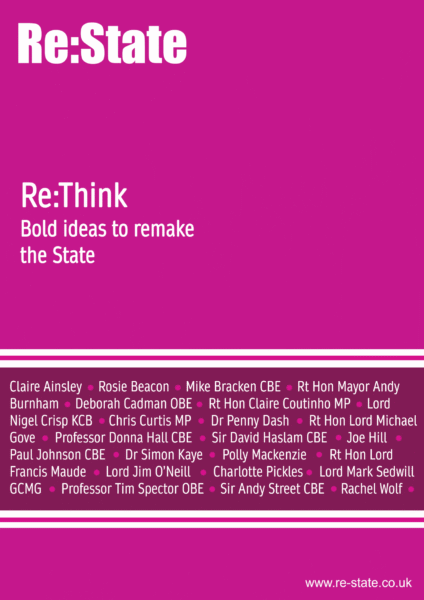Patrick Healy, the deputy Opinion editor, hosted an online conversation about the future of the Democratic Party with four veteran strategists and reformers who spearheaded the New Democrat movement that helped elect Bill Clinton to the presidency in 1992.
Will Marshall: Everything was mediated through the desires and demands of 100 worthy interest groups. What we said was: Look, we were not winning these elections for a reason. So the first thing is to let the public know you’ve heard their message. Then: What are the new ideas?
Marshall: We got a lot of mileage out of just the simple idea that there was a brain-dead politics of left and right that we had to get beyond, and that we needed generational change. Something fresh. Ending welfare as we know it. National service. Public school choice. Reinventing government. All that generated energy and excitement, and it helped that we had a next-generation team with Clinton and Al Gore. To redefine a failing party you need to capture imagination, and it’s got to be with a new offer, and it’s got to be with creative ideas.
Marshall: Through four years of President Joe Biden, we spoke to white college graduates incessantly on almost every dimension: economic, cultural, foreign policy. We stopped talking to the 62 percent of the electorate that doesn’t have a college degree. I think this is the hardest cultural challenge for the party right now. We don’t know how to address their economic aspirations in a way that doesn’t sort of throw government benefits at them. We’re terrified if we do we’ll somehow be crossing the line, becoming racist or nativist or xenophobic. We are now in this class configuration that was mercilessly revealed by this election. We have lost the knack of hearing, listening, going to working-class people and speaking the language that they understand. So you see the party retracting geographically, demographically. We’re a shrunken party now.



